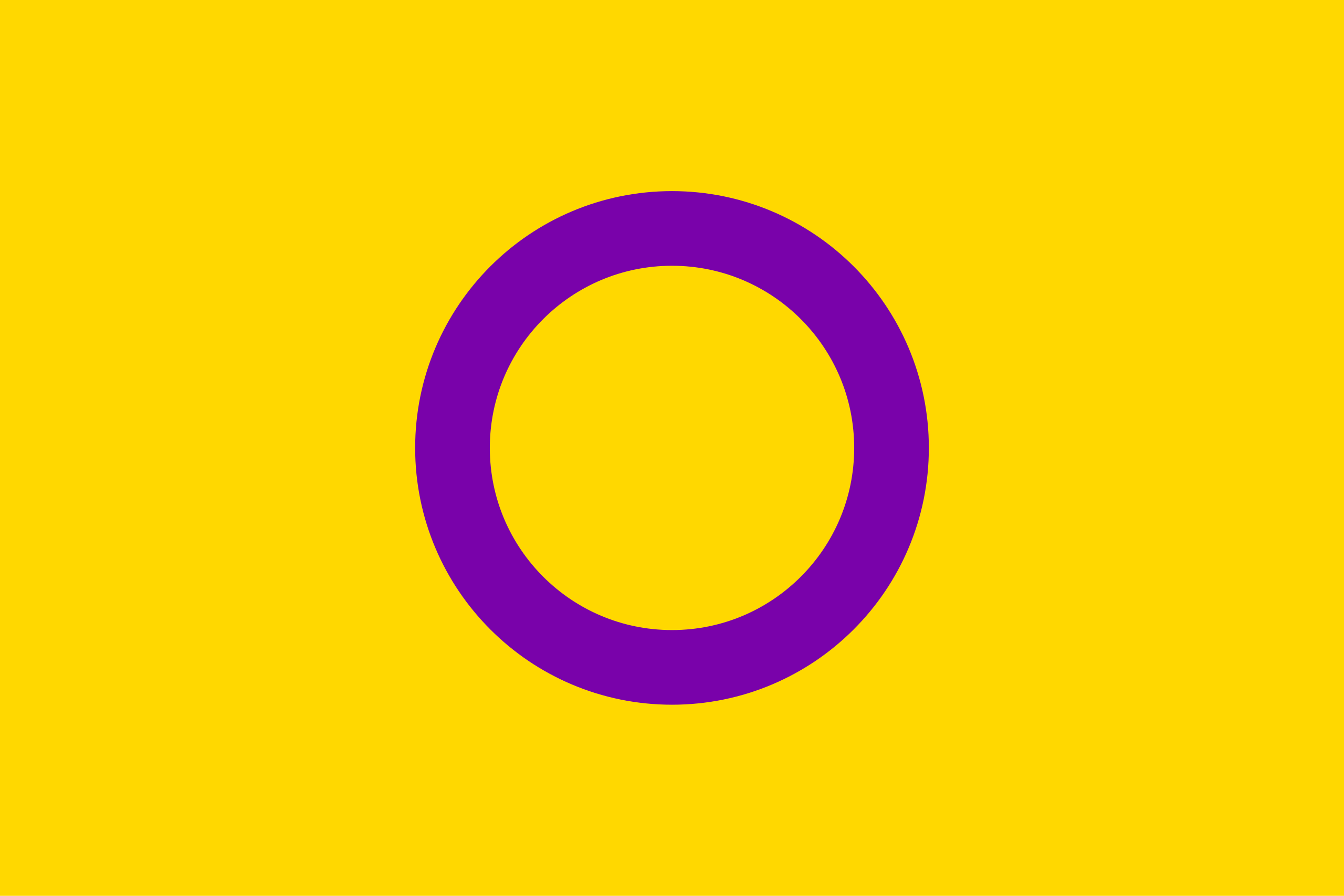By Senelisiwe Ntshangase, Programme Specialist, and Tapiwa Mamhare, Policy Specialist, UNDP

Each year on 26 October, we celebrate and recognize the diversity of humanity, and reaffirm our commitment to raising awareness of the intersex community, that is too often marginalized and overlooked in development policies and legal protection. This day also offers a moment to reflect on the lived experiences and challenges of intersex persons, while identifying opportunities to foster understanding and inclusion within development processes. Intersex Awareness Day highlights the urgent need for policies that protect and uphold the human rights of intersex persons, ensuring their voices are heard and that they are not left behind.
On Intersex Awareness Day, we celebrate the progressive steps taken by international and regional human rights bodies to protect and promote the human rights of intersex persons. In April 2024, the United Nations Human Rights Council (HRC) adopted Resolution 55, which aims to combat discrimination, violence and harmful practices against intersex persons. The resolution calls on states to address the root causes of socio-economic discrimination, dismantle harmful stereotypes and combat stigma to ensure that intersex persons enjoy the highest attainable standard of physical and mental health. Additionally, the Office of the High Commissioner for Human Rights (OHCHR) has embarked on a participatory process to compile a global human rights report on intersex persons.
In Africa, the African Commission on Human and Peoples’ Rights took a landmark step in March 2023 by adopting Resolution 552, which addresses the protection and promotion of intersex rights across the continent. The resolution notes that most African countries lack adequate legislation or policy measures to safeguard the rights of intersex persons, and it calls on states to adopt and implement the recommended actions outlined. This resolution is a significant advance, signaling that the protection of intersex rights is essential to a fair and just society.
These normative standards mark a pivotal moment for the intersex community. They empower the intersex community by promoting recognition of their rights and ensuring their needs are recognized in policy frameworks. Effectively integrating the aspirations of these resolutions into national policies can help reduce stigma and discrimination, fostering a more inclusive and equitable society for all.
As states begin to implement these policy recommendations, they must prioritize inclusivity by addressing the specific needs of the intersex community. The #WeBelongAfrica programme is advancing the human rights of intersex persons by ensuring that state entities become accountable and responsive to the needs and human rights of intersex persons. Over the past year, we have enhanced the capacity and understanding of key decision makers from different African countries on aspects of intersex human rights which include legal gender recognition and prohibition of forced and coercive medical interventions. We are also building the capacity of African grass roots intersex organizations to engage UN treaty and human rights bodies.
The intersex community has continuously called for an end to forced and coercive medical intervention, including surgeries at birth without their free and full consent, which are often performed to fit the child into preferred binary sex categories. Legal recognition is also a pressing concern, as many intersex persons lack access to legal identity documents that reflect their identity accurately. Current civil and administrative processes often do not allow intersex persons to change their names and sex markers when incorrectly registered at birth. Furthermore, intersex persons face pervasive stigma and discrimination across various aspects of life, from the education system to health care, employment and sports.
Let us join our hands in solidarity with the global intersex community and intersex human rights defenders to put a call to governments to prioritize the precarious human rights situation of intersex persons. We support and encourage the capacity building and empowerment of intersex human rights organizations to enable their effective engagement with stakeholders on intersex issues. Above all, we strive to create an environment where intersex persons can live authentically, realize their full potential and thrive in a world that is free and equal.
#WeBelongAfrica is a regional initiative that integrates two UNDP-led projects: the Inclusive Governance Initiative (IGI) and the Southern Africa Young Key Populations Inclusion Initiative. The IGI is supported by Sweden and the Southern Africa Young Key Populations Inclusion Initiative is supported by the Embassy of the Kingdom of the Netherlands in Mozambique.

 Locations
Locations




